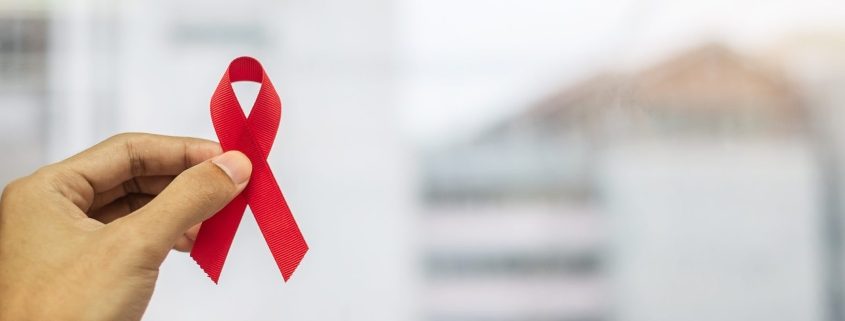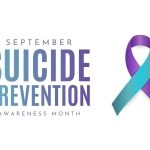September is Blood Cancer Awareness Month
If you see red ribbons popping up, it’s because September is Blood Cancer Awareness Month — and for good reason. Every 3 minutes, someone in the United States learns they have a blood cancer.
Blood cancers are a complex and varied group of diseases that affect millions of individuals worldwide. These cancers originate in the blood-forming tissues, such as the bone marrow, and can disrupt the normal functioning of the circulatory and immune systems. While advances in treatment have led to improved outcomes and longer lifespans for many patients, it is crucial to acknowledge that more than a third of individuals diagnosed with blood cancer still face a challenging prognosis, with fewer than five years to live.
Signs and Symptoms of Blood Cancer
Blood cancers can manifest with a wide range of symptoms, and these symptoms often depend on the type and stage of the cancer. Generally, blood cancers can be categorized into leukemia, lymphoma, and myeloma, each with its own unique set of signs and symptoms.
- Leukemia – is characterized by the uncontrolled growth of abnormal white blood cells in the bone marrow and blood. Common symptoms of leukemia may include:
- Fever
- Lethargy
- Paleness and shortness of breath
- Increased bruising and bleeding
- Lymphoma – Lymphomas originate in the lymphatic system, a crucial part of the immune systems. Symptoms of lymphoma may include:
- Swollen lymph nodes
- Fever and night sweats
- Unexplained weight loss
- Fatigue
- Myeloma – Myeloma primarily affects plasma cells, a type of white blood cell that produces antibodies. While some individuals may not show symptoms, others may experience symptoms such as:
- Bone pain
- Weakness, fatigue, and paleness
- Frequent bacterial infections
Recommended Screenings and Prevention
Unlike some other types of cancer, there are no routine screening guidelines for blood cancers. However, regular wellness check-ups that include routine blood testing, such as a complete blood count (CBC), can help detect some blood cancers.
While there is no surefire way to completely prevent blood cancer, several lifestyle choices can reduce your risk:
- Avoid smoking
- Maintain a healthy diet
- Get regular exercise
It is also essential to discuss your risk factors with a healthcare provider if you have:
- A personal or family history – If you or a family member have been diagnosed with blood cancer, your risk may be higher
- Previous radiation or chemotherapy – Past cancer treatments may increase the risk of developing secondary blood cancers
- High exposure to radiation – Occupational or environmental exposure to radiation may be a risk factor
Blood cancers are complex diseases that can present with a wide range of symptoms. Early detection and awareness of these symptoms are vital for improving treatment outcomes and increasing the chances of survival. While there are no established screening methods, regular check-ups and a healthy lifestyle can contribute to reducing the risk of blood cancer. If you experience any of the described symptoms or have risk factors, do not hesitate to reach out to your NOAH provider.




